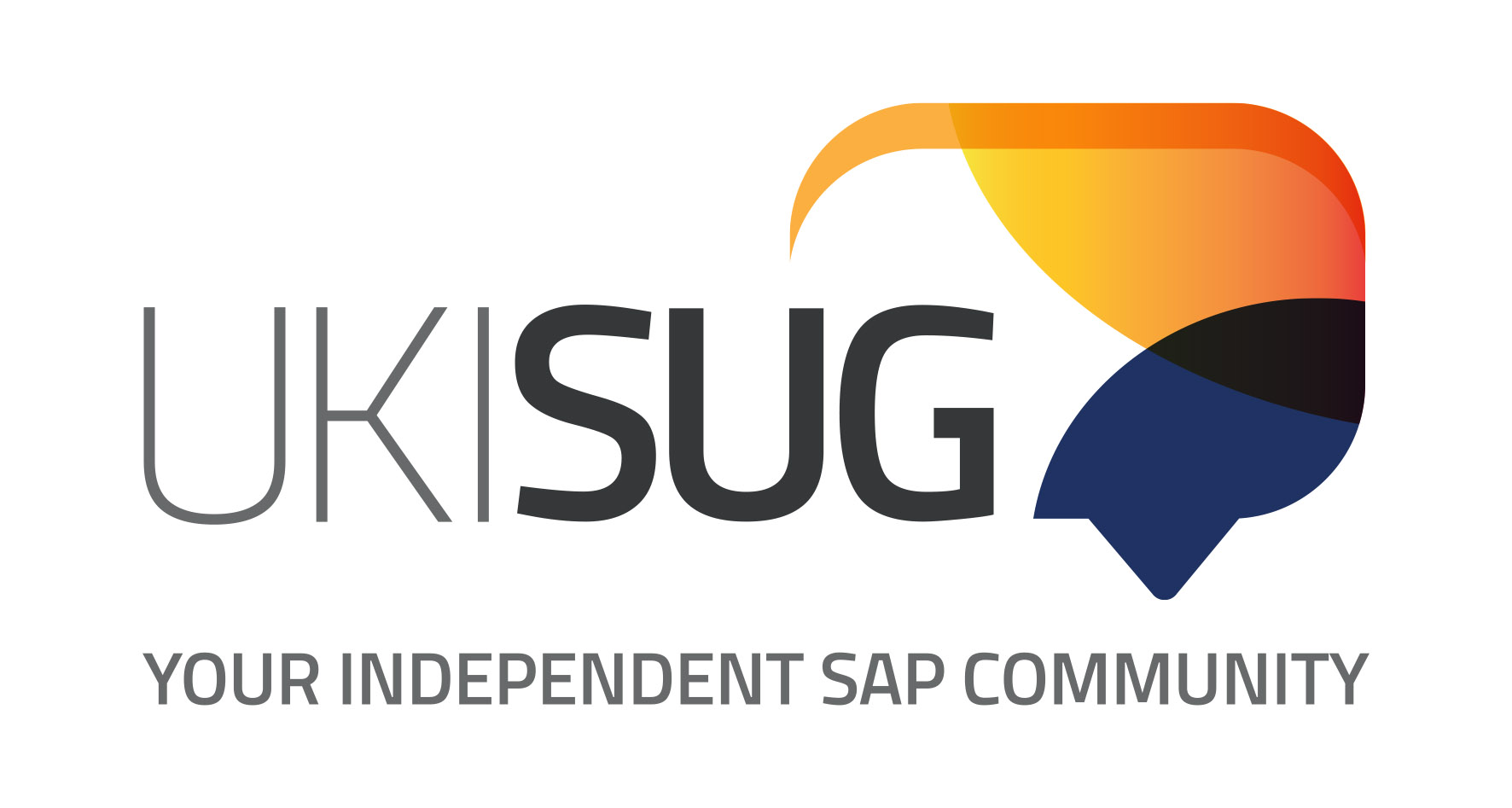Navigating the Future of Invoice Compliance: Insights from the UKISUG Finance Focus Group
By Ruud Van Hilten, Director of e-invoicing Compliance, Tungsten Automation
The April 2025 UKISUG Finance Focus Group brought together finance leaders to discuss critical challenges and opportunities in the evolving landscape of invoice compliance. During the event I presented a session covering how businesses can gain control amidst the increasing complexity of global e-invoicing mandates. In this article I reflect on the key themes from the session and highlight how organisations can strategically position themselves for success in this rapidly changing compliance environment.
The UK’s Journey Toward Mandatory E-Invoicing
The UK government is taking significant steps toward promoting e-invoicing across businesses and the public sector. HM Revenue and Customs (HMRC), in collaboration with the Department for Business and Trade, has launched a public consultation to gather feedback on the adoption of e-invoicing. This initiative aims to standardise and simplify invoicing processes, reduce the VAT gap, and capture data to support fiscal policy. The consultation document, available here, outlines the government’s goals and proposed models, including the likely adoption of a four-corner model (such as Peppol). This approach aligns with the European Norm (EN 16931) and reflects the UK’s commitment to minimising business disruption, particularly for SMEs. The consultation process is a critical opportunity for businesses to shape the future of e-invoicing in the UK. I strongly urge all stakeholders to review the report and submit their responses by 7 May 2025. Your input will help ensure that the transition to mandatory e-invoicing is both effective and equitable.
The Global Shift Toward Mandatory E-Invoicing
The UK’s move toward e-invoicing is part of a broader global trend. Governments worldwide are implementing mandatory e-invoicing to combat VAT fraud, enhance tax collection, and modernise fiscal systems (Global compliance landscape, available here). The EU’s ViDA (VAT in the Digital Age) initiative is a prime example, introducing reforms such as real-time digital reporting obligations, and harmonised VAT rules.
While these changes promise significant benefits, they also bring complexity. Businesses operating across multiple jurisdictions must navigate a patchwork of local formats, clearance models, and reporting obligations. This underscores the need for a global solution that ensures compliance across all regions.
The Role of Strategic Planning
Many organisations still approach e-invoicing mandates reactively, implementing country-by-country solutions and hoping for governments to delay their implementations. This approach is not only unsustainable but also exposes businesses to significant risks, including penalties for non-compliance and operational disruptions. To thrive in this new landscape, businesses must elevate compliance from an obligation to a strategic driver. This involves:
-
Adopting a Global Template: A standardised approach that ensures consistency and compliance across all regions.
-
Partnering with Experts: Working with a global mandate partner who understands the nuances of local requirements and who has the right partnerships in place to provide expert end-to-end support.
-
Proactive Supplier Onboarding: Engaging suppliers early in the process to ensure seamless integration and compliance.
-
Combining Compliance with Automation: Leveraging e-invoicing solutions that not only meet regulatory requirements but also drive efficiency and cost savings.
E-Invoicing as a Catalyst for Transformation
E-invoicing is not just about compliance, it’s an opportunity to transform finance operations. By digitising the invoice lifecycle, businesses can address common challenges such as high processing costs, lengthy approval times, and lack of visibility into payments data. For example, automated e-invoicing solutions, like Tungsten Automation’s e-invoicing solutions, reduce invoice processing costs, shorten approval cycles, and provide real-time cash flow transparency. Our technology integrates seamlessly with SAP systems, creating a single source of truth and empowering finance teams with actionable insights.
Preparing for the Future
As governments continue to evolve their mandates, businesses must stay ahead by embracing agility and innovation. Key steps include:
-
Identifying which countries your business operates in are moving to mandates.
-
Understanding how these mandates impact your processes and systems.
-
Ensuring your global provider is equipped to meet compliance requirements in all regions.
-
Testing and adapting your global template to align with new standards.
The Road Ahead
As the finance landscape continues to evolve, businesses have a choice: react to compliance changes as they come or use them as a catalyst for broader transformation. The latter not only ensures compliance but also unlocks new opportunities for efficiency, agility, and value creation. At Tungsten Automation, we are committed to supporting this transformation. By combining deep compliance expertise with innovative automation technology, we empower businesses to navigate the future with confidence. To learn more, contact our e-invoicing expert team: Talk to an Invoice Automation Expert.
About the Author: Ruud Van Hilten is the Director of e-Invoicing Compliance at Tungsten Automation, a global leader in intelligent invoice digitisation and compliance. With decades of experience in the field, Ruud is passionate about helping businesses navigate the complexities of global mandates and unlock the full potential of e-invoicing. Ruud is on the executive board of GENA (Global Exchange Network Association) where the chairs the Public Policy and Compliance working Group.
